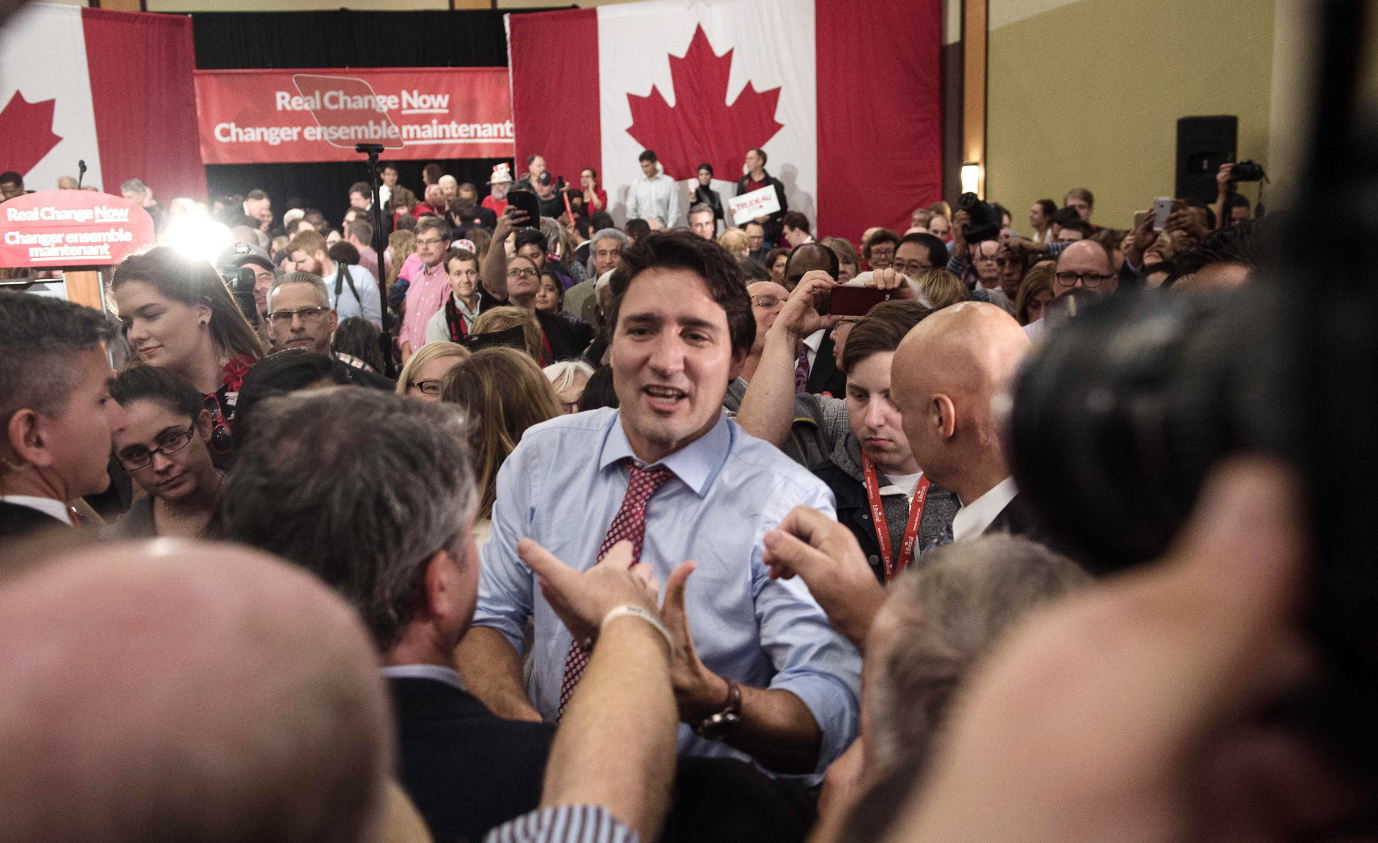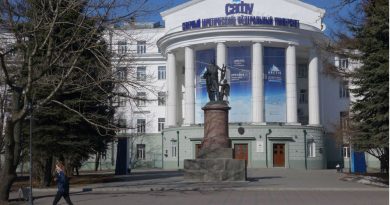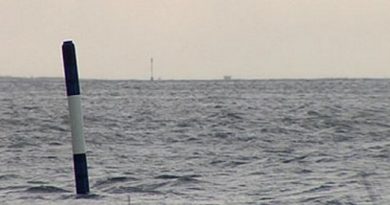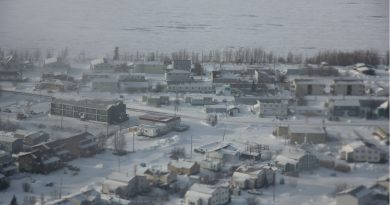Feature Interview: The politics of climate

As the dust settles after Canada’s marathon 78-day federal election campaign, post mortems are being done on the issues that did, and didn’t, resonate with Canadians.
Everything from the Syrian refugee crisis to terrorism dominated headlines during the campaign.
But climate change issues were largely absent from the debate – despite the upcoming United Nations climate conference and the dramatic effects global warming is having on Canada’s Arctic regions.
But these days, do politicians ignore climate issues at their own peril?
Canada vs. Australia
Political scientists Matto Mildenberger and David Konisky took on this question in a recent article published on theconversation.com

Titled “Is lagging on climate change a political liability?“, Mildenberger and Konisky look at the defeat of Canada’s Conservative government led by Stephen Harper, and the recent ouster of Australian Prime Minster Tony Abbott by his caucus, for clues on whether a lack of political action on climate issues had a role in their falling out of favour.
“I think the two cases are very similar,” Mildenberger said in a phone interview with Eye on the Arctic from Santa Barbara.
“Tony Abbott was a fairly prominent climate sceptic. I think many in the environmental community saw him, along with Stephen Harper, as being two of the most serious obstacles among OECD countries in driving forward a global climate agreement.”
The Arctic
In Canada, Harper frequently came under fire by environmentalists for not taking a strong stand on climate issues and for preventing government scientists from talking to the media and openly discussing their research.
During the country’s two-year chairmanship of the Arctic Council, the Conservative government pushed an economic development agenda. While some supported the focus on improving living conditions and creating economic opportunities in the North, eyebrows were raised around the circumpolar community by the lack of focus on climate and its effects on Arctic communities and peoples.
COP21
The Paris climate conference (COP21) takes place from November 30-December 11, 2015.
There, nations will try to reach an agreement on reducing carbon emissions to keep global warming below two degrees Celsius.
“The Australian and Canadian governments in the last decade have really tried to throw a wrench in the blocks at international climate negotiations because domestically political power was concentrated among people that were less interested in seeing climate policy enacted,” Mildenberger said.
This year’s conference will be an occasion to see how Canada’s Liberal leader Justin Trudeau, and Australia’s new Liberal leader Malcolm Turnbull take on tough climate issues and reorient their countries internationally when it comes to global temperature change.
But while conferences like the UN meeting are important, it’s the domestic political struggles over climate that the international community should really be keeping their eyes on, Mildenberger said.
“I don’t think we can assume that a global climate agreement is going to unlock climate policy,” he said. “That’s going to have to happen through hard work and conflict and political struggle.”
Write to Eilís Quinn at eilis.quinn(at)cbc.ca
Related stories from around the North:
Canada: Arctic Council talks climate, COP21, suicide in North, Eye on the Arctic
Norway: The new face of climate change?, Alaska Dispatch News
Sweden: Final round of UN climate talks before Paris, Radio Sweden
United States: Will climate force small mammals North?, Alaska Dispatch News



